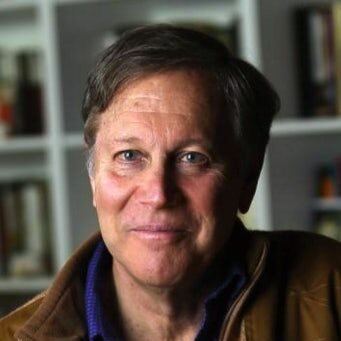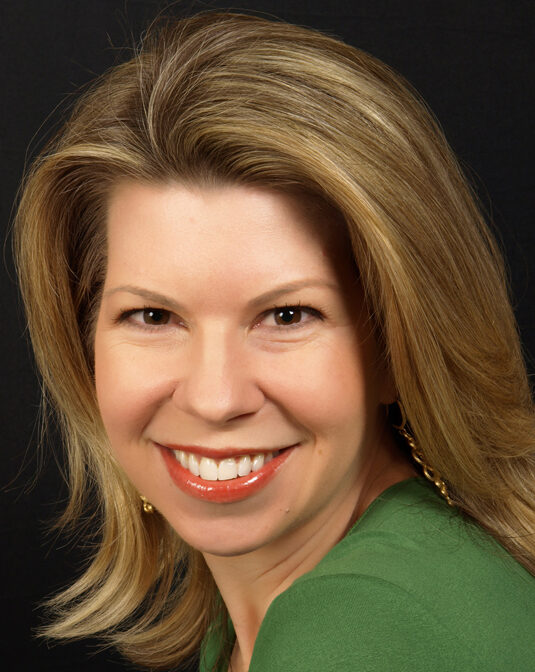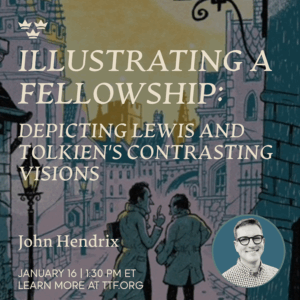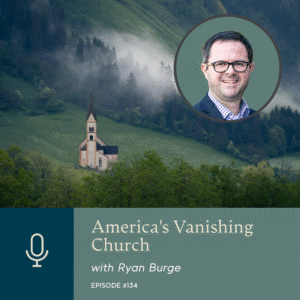Poetry & Beauty in Solitude with Dana Gioia
May 1, 2020
Overview
Speakers
-
 DANA GIOIA
DANA GIOIA -
 CHERIE HARDER
CHERIE HARDER
SHARE

